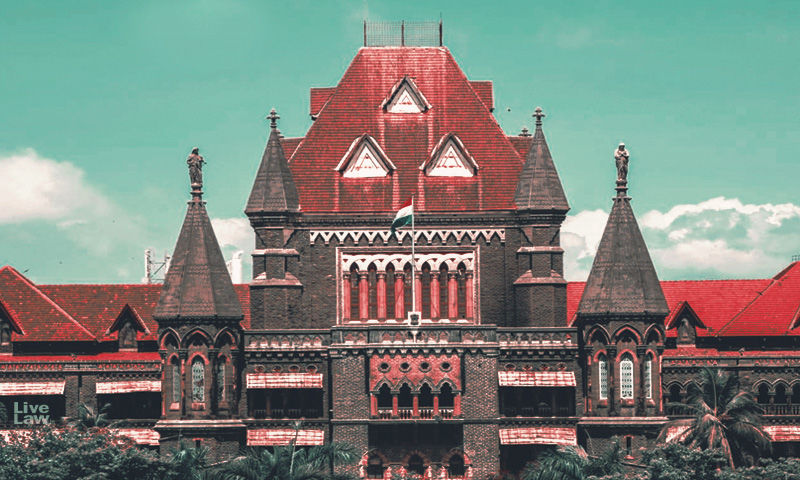In the case of Mohammad Nawab Mohammad Islam Malik vs Directorate of Enforcement, the Bombay High Court bench of Justice NJ Jamadar held that courts cannot ordinarily interfere and allow members of the Legislative Assembly (MLAs) who are behind bars to participate in the voting process for elections to the Legislative Council unless many such MLAs are put behind bars on the eve of elections as a subterfuge to prevent them from voting. Only if a number of members of the electoral college are imprisoned in order to deny them the right to vote in order to achieve a desired outcome can the courts exercise their correctional jurisdiction.
“In such an exceptional situation, the Court may be justified in issuing directions so that the ‘custody’ of the members of the electoral college does not become a subterfuge for divesting them of their right to vote,”
The Court Opined
The Court made the remarks in a 23-page ruling dismissing Maharashtra cabinet minister Nawab Malik’s and former state home minister Anil Deshmukh’s requests for leave to vote in the upcoming Maharashtra Legislative Council elections.
The two applicants argued that high courts had broad discretionary powers to overturn the legislative ban on prisoners voting in elections imposed by Section 62 (5) of the Representation of People Act.
The Court held that courts could not be completely denuded of the authority to exercise their jurisdiction in granting permission to vote, but that this authority is conditional. In the current case, no motive for preventing the two MLAs from participating in the electoral process could be attributed to the arrest, and the Court rejected the pleas of Malik and Deshmukh.
The two petitioners had invoked their constitutional right to vote as MLAs, which served as the electoral college for electing MLCs.
However, the Court stated that this right was not absolute. Justice Jamadar did not appear inclined to grant the applicant’s request because the legislation had specifically stated that some classes of people were not permitted to vote.
“…If the Parliament has declared that a person who is incarcerated, otherwise than as a detenue under the preventive detention law, is not entitled to vote at an election, the said prescription would govern the rights and duties of the Members of the Legislative Assembly as electors”
Justice NJ Jamadar stated
Finally, according to the court, the sole matter to be considered was whether it would be justified in lifting the embargo by allowing applicants to be released on interim bail or to vote with escorts.
For the following grounds, Justice Jamadar believed that this issue was rife with infirmities:
- The Applicants’ release is sought solely to avoid the interdict imposed by Section 62(5);
- The exercise of discretion is sought once more in such a way that the net outcome would be to allow a person who is otherwise barred by law to exercise the franchise;
- Within the confines of the law, discretion must be exercised.
“One of the objects of the prohibition envisaged by Section 62(5) is stated to be arresting the criminalization of politics. I am, therefore, not inclined to accede to the broad proposition that permitting the persons (who are otherwise not qualified to vote in the election) strengthens the democracy”
The Order Stated
The judge determined, while denying the applications, that there is no unrestricted authority, even in the courts, to sanction a course of action that the law prohibits.
Read Order













